Scientific Perspectives II: Determining the Dynamics between Climate Change and Violent Conflict
Panel A: Water and Food Security
In light of the broader agenda of climate change and human security, this panel is an expert discussion on how water and food security, including agriculture, are to be defined, operationalized and measured, including the aspect of how they develop over time, and how single factors might interrelate with each other and affect stability. This panel will also explore which regions are specifically prone to food insecurity and water scarcity and how strong the links are to emerging or existing conflicts. While food insecurity also has larger regional implications, for example on food prices in specific economic zones, this panel will primarily focus on environmental peacebuilding within national boundaries. Lastly, experts will also discuss how data science and technology may help define possible solutions.
Building on the previously established hotspot regions and impacted communities and groups, the focus point of Panel B in the Weltsaal will delve into energy security and water cooperation with respect to the link between climate change related extreme weather events and conflict.
Drawing on the emerging research around planetary boundaries and the rich regional expertise the panelists bring to the table, it will discuss potential causal mechanisms behind cooperation and non-cooperation on water, as well as the related energy security and conflict implications. Furthermore, the subsequent intersections with other issues resulting from water/energy co-dependency (i. e. food security, food prices, displacement and migration) will also be explored in the discussion.
The panel thereby explores potential multiple vulnerabilities in transnational contexts of water and energy dependency amidst the climate crisis, as well as pathways for adaptation and cooperation. Relevant questions of how to actually account for the time factor of energy security and conflict will also be addressed, such as:
- In which way does the climate crisis exacerbate conventional energy insecurities (e. g. fossil fuels)?
- How do politically induced water/energy scarcities impact the different phases of conflict, such as the conflict onset, duration, intensity and offset?
- What implications do heightened pressure on the resource boundaries of regions most affected by climate change have on water/energy cooperation between upstream and downstream countries, such as those of Tajikistan and Uzbekistan?
- Or how to even assess those boundaries’ half-life with respect to although politically viable but ultimately environmentally unsustainability cooperation?
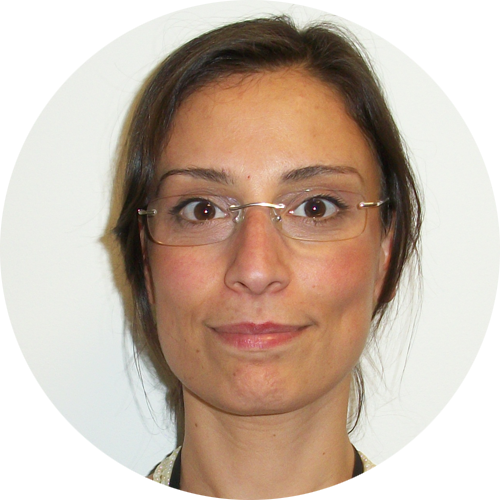
Dr. Grazia Pacillo
Senior economist and evaluator with more than 15 years of experience in research on food and agricultural systems resilience, sustainability, and transformation considering interconnected global and regional challenges, in primis, the climate security crisis. She co-leads the CGIAR FOCUS Climate Security team. Her main research interest lies in evaluating the role of climate as a “threat multiplier”, exacerbating existing risks and insecurities, such as food and nutrition insecurity, poverty, forced migration, gender, and other structural inequalities, which in turn can affect the prospect for peace and stability across the world. She had led and co-authored multiple research outputs addressing the link between climate and peace and security. She currently leads multiple projects that combine conventional and unconventional mixed-method approaches to qualify and quantify the climate security nexus in Africa, Latin America, and South-East Asia. She also leads a research area aiming to change the way we measure peace and security in a climate crisis. Before this appointment, she managed the Impact Assessment and M&E team in the International Center For Tropical Agriculture in Asia and worked with several humanitarian, development, and research actors, such as IFAD, DFID, ODI, and Save the Children. She holds a Doctor of Philosophy degree in Economics and a Master of Science degree in Development Economics from the University of Sussex (UK), a Masters’s degree in Economics and Politics of European Integration (summa cum laude), and a Bachelor of Science degree in International and Diplomatic Science (summa cum laude) from the University of Bologna (Italy).

Prof. Marshall Burke
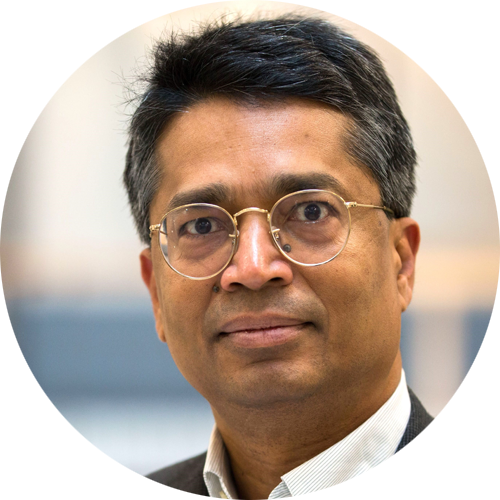
Prof. Ashok Swain
Ashok Swain is a Professor and Head of Department of Peace and Conflict Research and UNESCO Chair of International Water Cooperation at Uppsala University, Sweden. Swain received his Ph.D. from the Jawaharlal Nehru University, New Delhi, in 1991, and since then, he has been teaching at the Uppsala University. Swain has written extensively on new security challenges, international water sharing, environment, conflict and peace, and development issues. He has also worked as a consultant for various UN agencies, OSCE, NATO, EU, IISS, Arab League, OXFAM. Swain writes a weekly column ‘Right is Wrong’ for Gulf News.
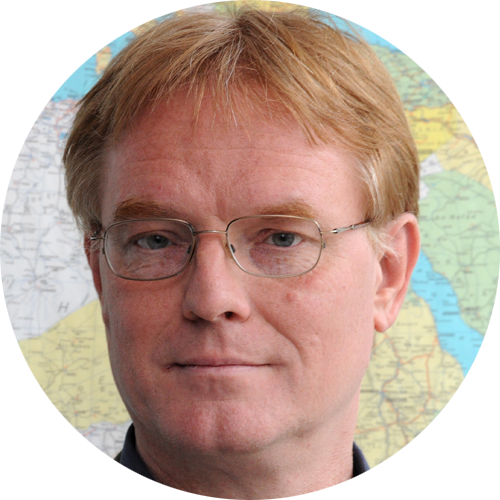
Prof. Dr. Jürgen Scheffran
Jürgen Scheffran is professor of Integrative Geography and Chair of the Research Group Climate Change and Security (CLISEC) in the CLICCS Excellence Cluster and Center for Earth System Research and Sustainability at Universität Hamburg. The physicist-by-education has been studying interactions between violent conflicts, migration patterns and security risks associated with climate change, including the Commission on the Root Causes of Displacement of the German Government. Further aspects of research cover renewable energy, water and sustainable land use; human-nature interactions in the Anthropocene and modeling of complex systems; technology assessment, arms control and international security.

Prof. Erika Weinthal
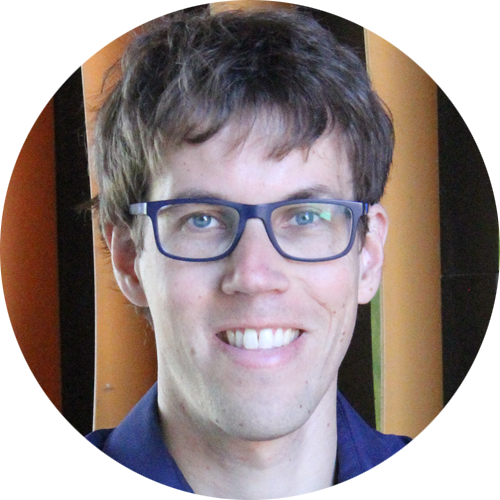
Dr. Tobias Ide
Dr Tobias Ide is Senior Lecturer in Politics and International Relations at Murdoch University Perth. His research focuses on armed conflicts, climate security, environmental peacebuilding, disaster impacts, and environmental politics. He has published his work in numerous leading journals, including International Affairs, Journal of Peace Research, Nature Climate Change, and World Development. Dr Ide has also consulted a wide range of decision makers in Australia, Germany, Israel, and the USA.
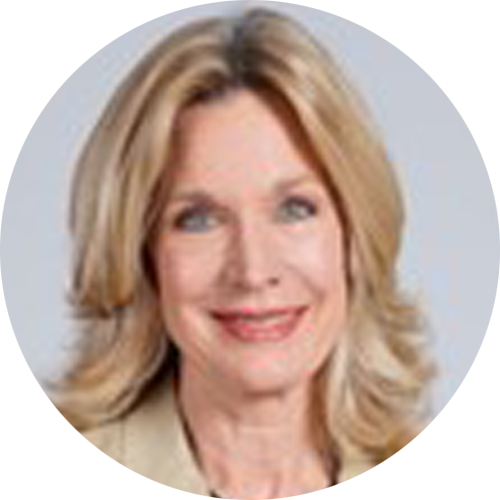
Dr. Melinda Crane
Moderator
Dr. Melinda Crane has given speeches and moderated events and discussions for a wide range of international organizations and firms. She is a frequent guest and commentator on German television and radio and regularly analyzes US policy for the news broadcaster n-tv. An experienced TV anchor, she is chief political correspondent at DW TV and also hosts the DW talk show “To the Point”. In 2014 she was awarded the Steuben-Schurz Media Award for her service to transatlantic understanding.
As International Affairs Consultant to the discussion show “Sabine Christiansen” she produced interviews with Kofi Annan, Bill Clinton, Hillary Clinton, and George Bush, among others.Her journalistic experience includes work for the “New York Times Magazine,” ”The Boston Globe Sunday Magazine,” “The Boston Globe,” the “Christian Science Monitor” and German newspapers and magazines.
Panel B: The Implications of Climate Mobility
On this panel, experts will discuss how climate change impacts mobility and migration. The following questions will be explored:
- Which context-specific factors are relevant to the link between climate change and extreme weather events and mobility?
- Which regions are anticipated to be impacted most by climate mobility, according to the predictions, and what are the motivations for people to move?
- How do people move in different regions (e. g., regional migration, circular migration, out-of-continent migration) and what are local attitudes towards mobility as an adaptation strategy? How does climate change affect immobility?
- What are the factors that may – in a negative scenario – link climate mobility to the emergence or escalation of conflict and what are appropriate preventive measures?
This panel also touches on the role and results of prediction models and hotspot mappings and the potential of science to help change political narratives. In that respect, possible positive and negative implications of climate mobility will be discussed and policy approaches explored for maximizing the potential of mobility and preventing its unwanted effects.
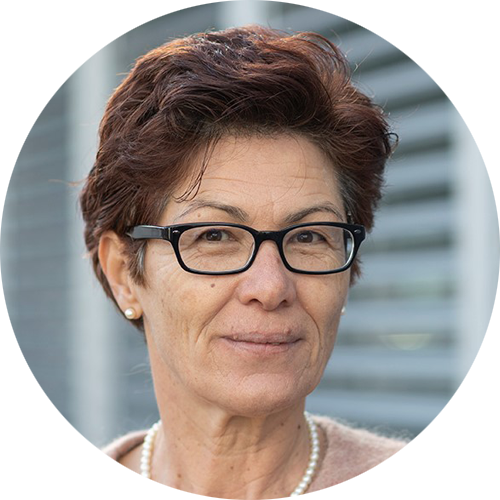
Prof. Dr. Vally Koubi
Vally Koubi is a Professor at the Center for Comparative and International Studies (CIS) at the Swiss Federal Institute of Technology Zurich (ETH Zurich) and the Department of Economics at the University of Bern, Switzerland. She is also the director of the Center for Comparative and International Studies (CIS) at ETH Zurich. Koubi received her BA degree from the University of Athens, Greece, and her MS, MA and PhD degrees from the University of Rochester, USA. She has taught at several universities in both the United States and Europe. She is a member of the Scientific Council of the Geneva Science-Policy Platform on Environment and Security at the United Nations Environment Programme (UNEP), contributed a background paper to the Sustainable Development Outlook 2019, and was a Coordinating Lead Author on the 1st MedECC Report and an Expert Reviewer of the IPCC 5th and 6th Assessment Reports. Koubi’s research focuses on the social consequences of climate change and the determinants of domestic environmental policies and outcomes as well as international environmental cooperation across countries and time. Her research on the social consequences of climate change aims at understanding its effects on migration and conflict mainly in the developing world. This research combines perspectives from different social science disciplines and employs a wide range of research methods, including macro-quantitative analyses and micro-level surveys, survey experiments, and field experiments in several countries such as Bangladesh, Cambodia, Kenya, Nicaragua, Peru, Uganda, and Vietnam. She has published articles in journals including Climatic Change, Ecological Economics, International Organizations, Journal of Peace Research, Nature Climate Change, Population & Environment, and World Development.

Mr. Vicente Anzellini
Vicente leads the Global Monitoring and Reporting Hub at IDMC and coordinates the production of the Global Report on Internal Displacement (GRID), regional reports and country profiles. He previously worked for the UN Office for Disaster Risk Reduction (UNDRR) as researcher and policy analyst at the Risk Knowledge Section, based in Geneva. He also supported UNDRR’s Regional Office for Africa, based in Nairobi, where he conducted capacity building activities on disaster risk knowledge in over fifteen countries. He also worked in a number of countries across Central and Southern Asia, and the Pacific. Vicente holds a BA in History and Geography from the University of Los Andes (Bogotá, Colombia) and a MA in Human Geography and Migration Studies from the University of Neuchâtel (Switzerland). He speaks Spanish, French and English.
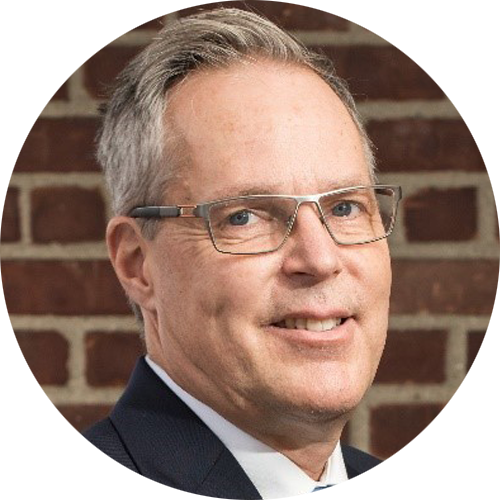
Dr. Alexander de Sherbinin
Alex de Sherbinin is the Associate Director for Science Applications and a Senior Research Scientist at the Center for International Earth Science Information Network (CIESIN), an environmental data and analysis center within the Climate School at Columbia University. Dr. de Sherbinin is an expert on climate-related mobility, which includes voluntary to forced migration, displacement, resettlement, and seasonal movements. He directs the Climate School’s Climate Mobility Network, Lectures in Climate Mobility at the Climate School, and leads the modeling team for the World Bank’s Groundswell report series and the Africa Climate Mobility Initiative (ACMI), and has lead authored articles in Science, Scientific American, Climatic Change, WIRES Climate Change, The Geographical Review, and Environmental Research Letters. He holds a master’s degree in geography from Syracuse University (USA) and a PhD in geo-information science from ITC-University of Twente (Netherlands). For a publications list and more information visit http://www.columbia.edu/~amd155/.
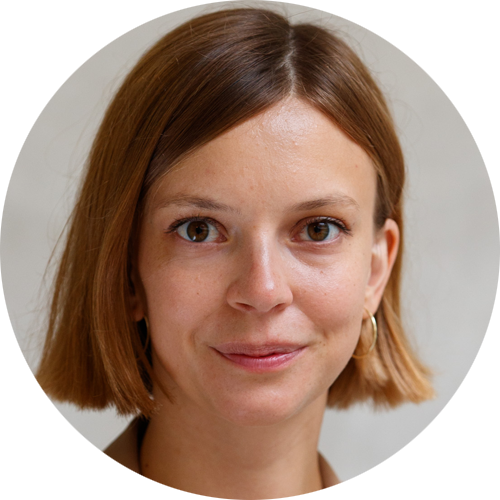
Dr. Barbora Šedová
Dr. Barbora Šedová (co-)leads the FutureLab - Security, Ethnic Conflicts and Migration at the Potsdam Institute for Climate Impact Research (PIK). At PIK, she is the lead of the Weathering Risk initiative on climate change impacts on risk of conflict, conducted together with adelphi and commissioned by the German Federal Foreign Office. Dr. Šedová earned her PhD in Economics at Mercator Research Institute on Global Commons and Climate Change in Berlin and the University of Potsdam with research stays at Columbia and Yale University. Dr. Šedová’s work has been published in peer-reviewed journals, including World Development and Global Environmental Change.
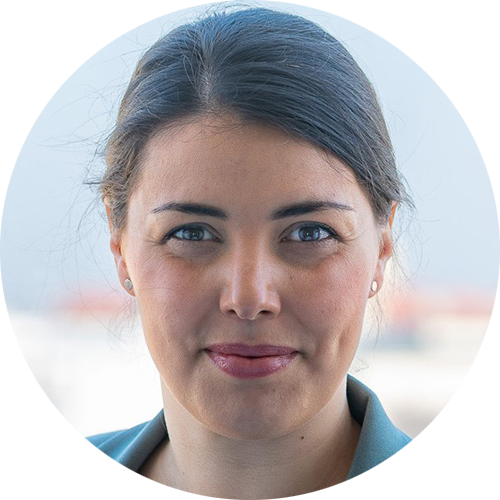
Ms. Raphaela Schweiger
Moderator
Raphaela Schweiger is the Director of the Migration Program at the Robert Bosch Stiftung. Her portfolio and expertise include the future of protection of refugees and migrants, climate mobility, the intersection between tech and migration and issues of migration governance more broadly. Since joining the foundation in 2015, she held several roles and has developed numerous programs on migration and inclusion issues for policy makers and practitioners. Additionally, she published widely on the issues. Currently, she serves as the Chair of the European Programme for Integration and Migration (EPIM). Raphaela Schweiger studied political science, law, as well as peace and conflict studies in Munich, Frankfurt am Main and Madrid.